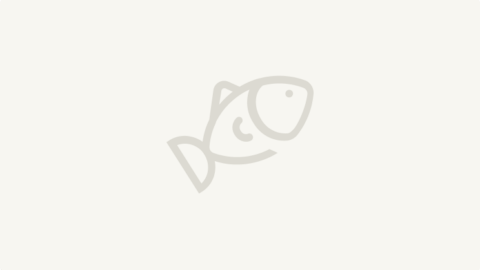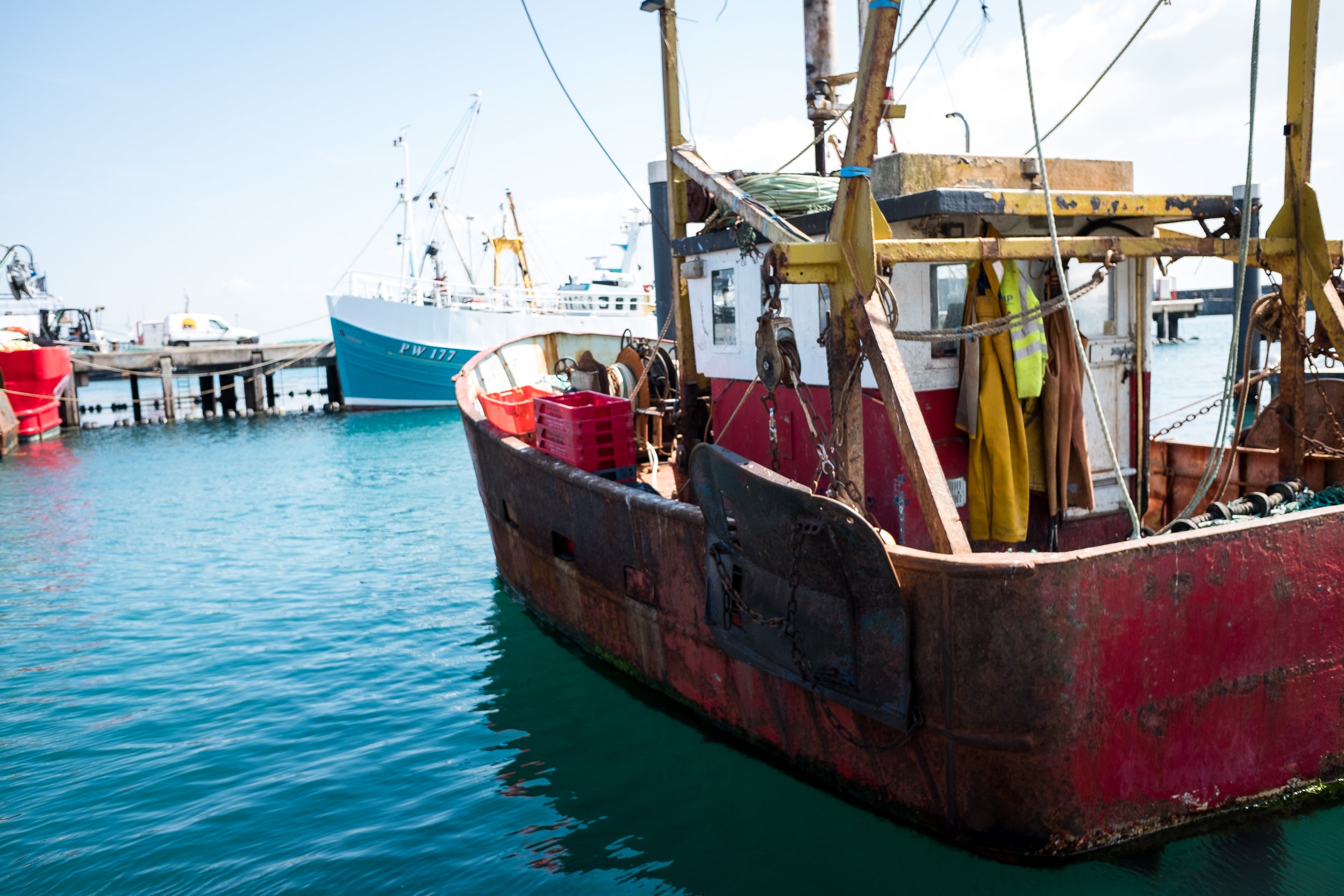Why growing up in Sweden gave me hope for the future of our oceans
 A friend of mine recently asked me, ‘Why do you work on fisheries?’
A friend of mine recently asked me, ‘Why do you work on fisheries?’
I began to talk about how fisheries is the ultimate tragedy of the commons problem, an economic term coined by Garett Hardin in the 1960s which explains how individuals act in their individual best interest rather than do what is best long term for the group. I talked about how governments are challenged by managing shared natural resources and how this is even more complex with ocean fisheries since we do not see the fish disappear beneath the surface.
That long and “technical” answer may be part of the reason, but it doesn’t fully explain why I do what I do. The real answer is much simpler. I love our oceans. I have spent all my summers on an island on the Swedish west coast called Koster, where the water is clear and full of life. And I grew up in Stockholm – a city surrounded by water. I took my diving license at age 16, as soon as I was allowed, even though this meant training and doing my final dives in February on the east coast of Sweden in the Baltic Sea, with sub-zero temperatures and visibility of less than a meter.
When I finished my master’s degree I knew I wanted to work for an NGO, either on climate or fisheries issues. Someone I told this to questioned my choice of fisheries and asked, ‘isn’t that a little bit like rearranging the furniture on Titanic? Does it really matter unless we combat dangerous climate change?’ I chose to ignore their pessimism. We are working to fight climate change, but while we do that we cannot disregard how important healthy oceans are for our well-being, in terms of providing a stable food supply to feed a growing population, but also because thriving oceans are more resilient to a changing climate. I applied for a position with EDF because of its pragmatic and solutions-based approach. This was nearly a year ago and I could not be happier with that choice today.
Creating thriving oceans begins with working to fully understand the problems faced by all stakeholders. This is one of many reasons why I´m proud of the way EDF collaborates with industry. I also have a real respect for fishermen, who spend their lives working on the water. Swedish fishermen are world leaders today when it comes to selective gear and sustainable fishing practices and they are determined to go even further. The key species in Swedish fisheries are northern prawn, Nephrops, cod, herring and sprat. All fishermen are using a bycatch reductions tool called a sorting grid in the prawn and Nephrop fishery. Moreover, current projects are trying to even further decrease bycatch through experimenting with mesh sizes and shapes; and lighter trawls have been developed to minimise the ecosystem impact on sensitive marine environments as well as to make fishing activities more energy efficient.
These are smaller parts of a larger movement across the European Union. EDF is working with fishermen and fisheries managers in Sweden to implement the European Union’s new and ambitious common fisheries policy. It aims to restore depleted stocks in EU waters and end the wasteful practice of throwing valuable catch overboard. The obligation to land all catches is being gradually introduced across EU waters from January 2015. This is a huge challenge for the demersal fleet in the North Sea in particular because of its diversity of species and quotas, which does not necessarily reflect the actual catch composition. However, I am optimistic about what we do in Sweden because we have initiated a dialogue with industry leaders on how to meet the stringent requirements of the new law and on how their identified goals can be realised in a new management system.
I believe that thriving fishing industries can co-exist with healthy fish stocks. I hope Sweden can inspire other fishing nations worldwide with its sustainable and innovative fisheries management.











